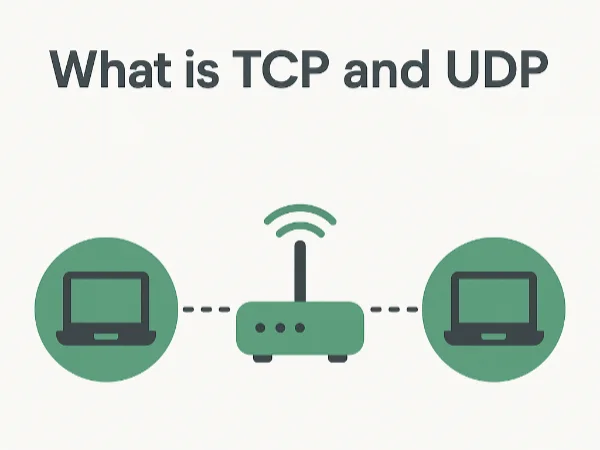Defining Web Browsers
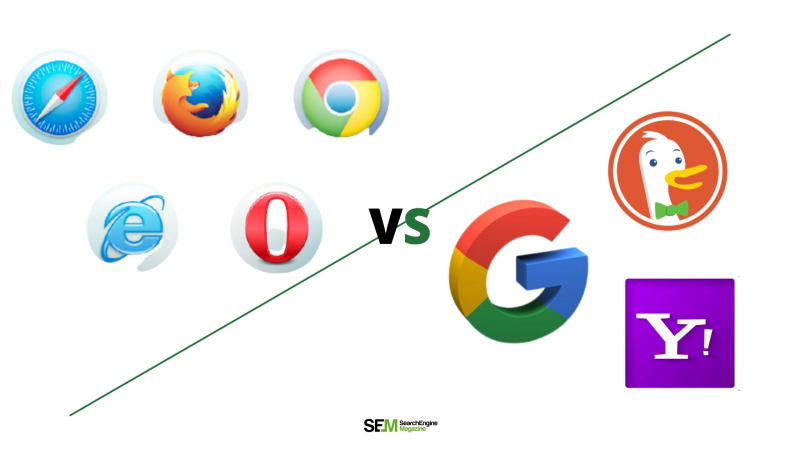
A browser is the software on your device—like Chrome, Firefox, Safari, or Edge—that displays websites and runs web applications. When you type a URL or click a link, you’re using a browser to fetch, interpret, and render the code that makes up pages, videos, and interactive features. In short, a browser is your gateway to the internet.
Key functions of a browser include:
-
Rendering HTML/CSS/JavaScript: Turning raw code into the visual layouts you see.
-
Managing Tabs and Windows: Letting you multitask between sites.
-
Storing Bookmarks and Cookies: Remembering your favorite pages and login states.
-
Providing Extensions and Add-Ons: Enhancing capabilities with ad blockers, password managers, and more.
Understanding what is browser helps you appreciate why it’s distinct from other web tools—and why you need to keep it updated for speed and security
📖Related Reading
What Is a Search Engine?
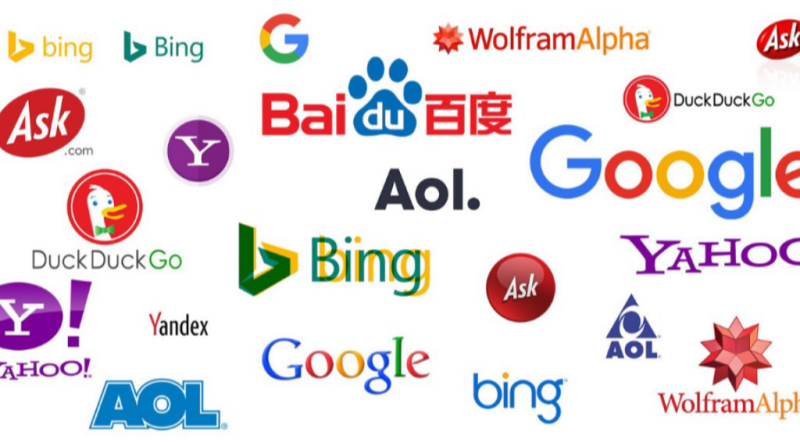
A search engine is the service you query when you type keywords into a search box—think Google, Bing, DuckDuckGo, or Yahoo. Behind the scenes, search engines crawl billions of web pages, index their content, and rank results based on relevance and authority. When you hit Enter, the search engine scours its index, not the live web, to return lightning-fast answers.
Core tasks of a search engine include:
-
Crawling: Discovering new and updated pages across the internet.
-
Indexing: Organizing and storing information for rapid retrieval.
-
Ranking: Applying algorithms to sort results by usefulness and credibility.
-
Serving Ads: Often funding the free service by showing sponsored results.
Knowing what is search engine empowers you to craft better queries and choose platforms that respect your privacy or deliver the most accurate information.
Key Differences Between Browsers and Search Engines
| Feature | Browser | Search Engine |
| Primary Role | Display web content | Find and rank web content |
| Examples | Chrome, Firefox, Edge, Safari | Google, Bing, DuckDuckGo, Yahoo |
| Data Source | Live web via URLs | Indexed database of web pages |
| Privacy Concerns | Tracking via cookies, extensions | Search history, profile-based targeting |
| User Interaction | Click links, manage tabs | Enter keywords, filter search parameters |
When you compare browser vs search engine, you see that one hosts the web experience while the other supplies the map.
How Browsers and Search Engines Work Together
-
Initiating a Search: You open your browser, type a query in the address bar, and hit Enter.
-
Query Routing: The browser sends your keywords to your default search engine.
-
Result Retrieval: The search engine returns a ranked list of URLs.
-
Content Rendering: You click a result; the browser fetches and displays the live page.
This seamless loop—asking what is browser serving up pages, and what is search engine finding them—powers nearly every corner of our digital lives.
Why Understanding the Difference Matters
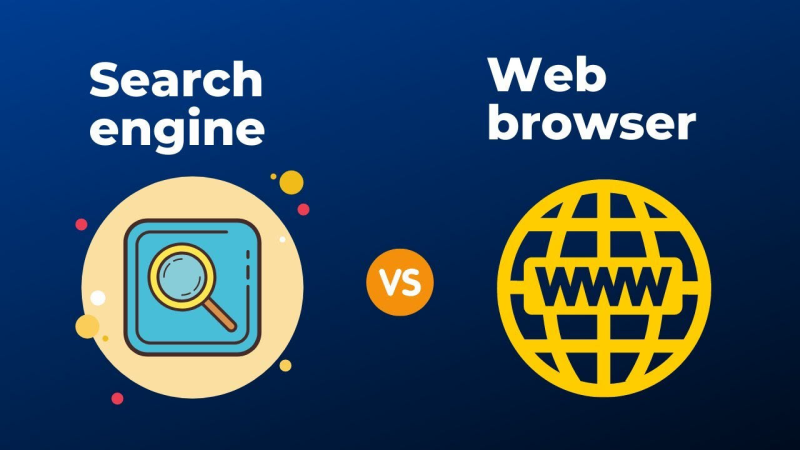
-
Optimized Troubleshooting: If a page won’t load, you know to check your browser settings, not the search engine.
-
Enhanced Privacy: Browsers can block trackers and cookies, while certain search engines (e.g., DuckDuckGo) promise no-profile searches.
-
Faster Performance: Knowing to clear browser cache vs. refining search queries saves time.
-
Better SEO Strategy: For content creators, recognizing how search engines index vs. how browsers render informs both technical and editorial decisions.
By mastering browser vs search engine, you’ll browse smarter, search sharper, and navigate the internet with confidence.
Enhancing Your Online Privacy with Best free VPN
While understanding browser vs search engine is crucial, securing your data is equally important. Here’s how UFO VPN elevates your experience:
-
Encrypted Browsing: UFO VPN tunnels your browser traffic through secure servers, preventing ISPs or malicious actors from snooping on which sites you visit.
-
Private Search Routing: Pair UFO VPN with a privacy-focused search engine to obscure both your destination and search queries.
-
Geo-Distributed Servers: Access search results and content from different regions to avoid censorship or geo-limitations.
-
Easy Setup: Install UFO VPN on your device or router—no manual configuration needed to protect your browser and search engine interactions.
- How to safely get UFO VPN
With 3000+ server in over 100 countries, UFO VPN is open to download as a free iPhone VPN, free Android VPN(with VPN APK), free Windows VPN and free Mac VPN. Install the app and sign up or log in.
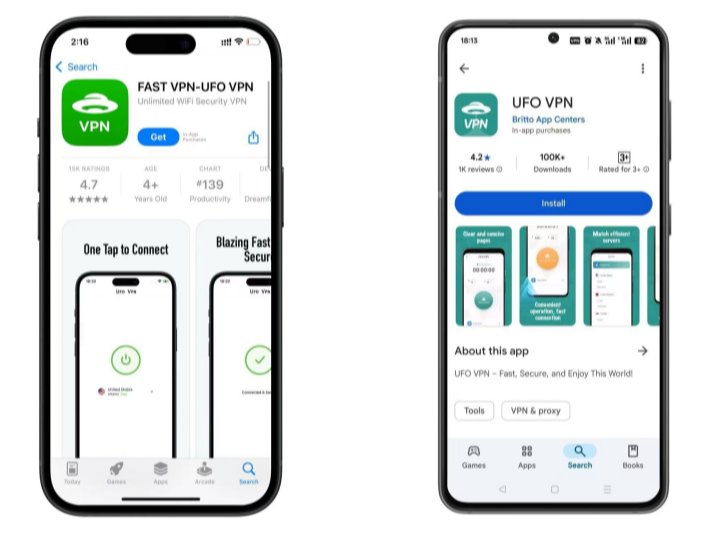
Open the app, choose a free server locationwhere your desired streaming/gaming/browsing platform is available.
We recommend free USA VPN, free UK VPN and free Australia VPN.
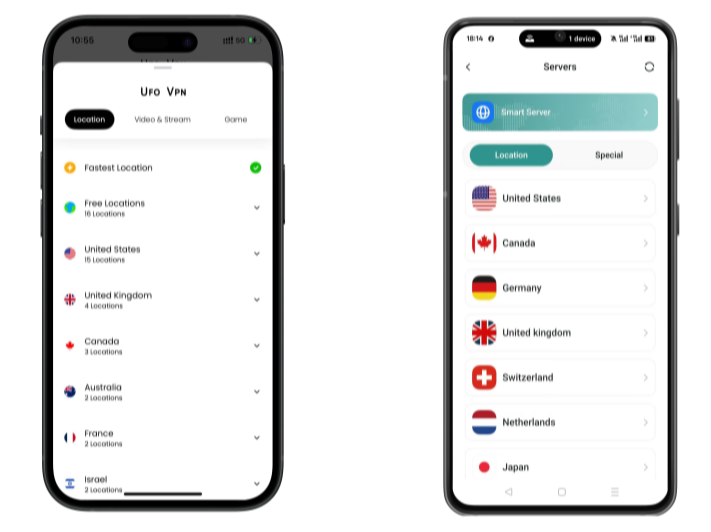
Pro Tip
UFO VPN is compatible with popular platforms in gaming and streaming as CODM VPN, PUBG VPN, Netflix VPN and more!
After connecting, visit What is My IP tool to see your current location and ensure your real IP is visible.
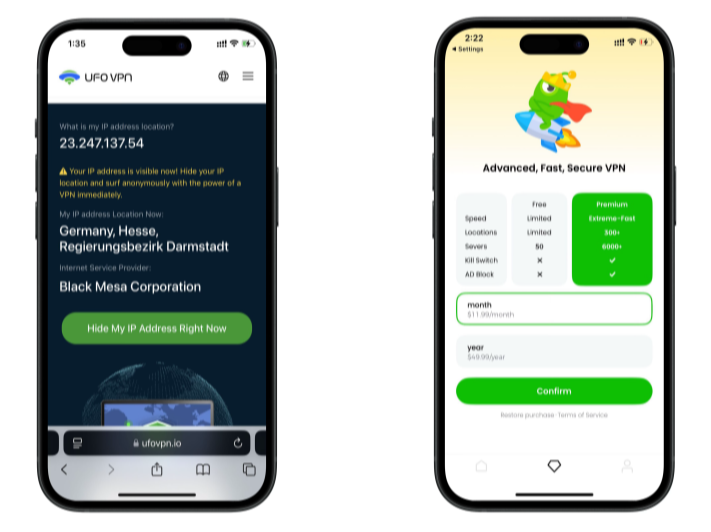
With all set, visit your favorite platform and start browsing without geo-blocks or buffering!
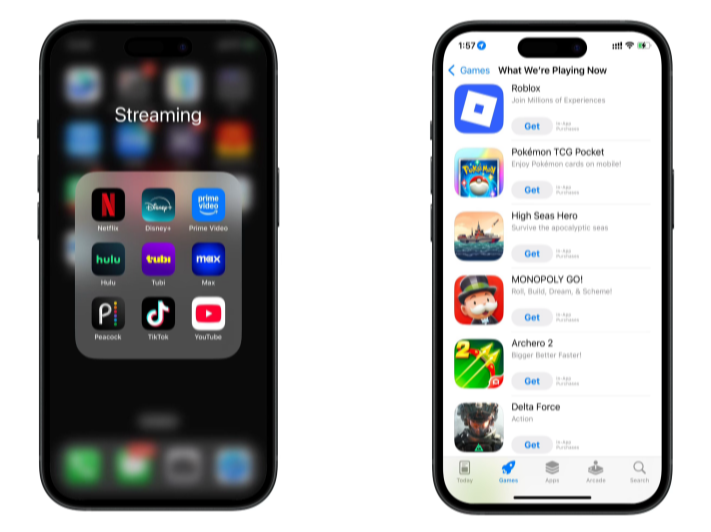
Frequently Asked Questions
Q1: Is a browser the same as a search engine?
No—your browser is the application that displays websites, whereas a search engine is the service that helps you find those websites.
Q2: Can I use any browser with any search engine?
Absolutely. Most browsers let you set your preferred default search engine in the settings menu.
Q3: How do I change my default search engine?
In Chrome, go to Settings > Search engine > Manage. In Firefox, open Options > Search. Safari users adjust in Preferences > Search.
Q4: Are some browsers more private than others?
Yes—browsers like Brave or Firefox (with privacy extensions) reduce tracking. Pairing with a no-logs search engine further enhances anonymity.
Q5: Will UFO VPN slow down my browser or searches?
Minimal impact. UFO VPN’s optimized network maintains high speeds while encrypting your traffic.



